enablement career path webinar recap
From Order-Taker to Strategic Partner: Growing Your Career in Enablement
In a recent webinar, industry experts Amy McClain, Sean Pillow, and Taryn Rosada shared their insights on navigating the ever-evolving field of enablement. They delved into their personal career journeys, highlighting pivotal moments and offering advice on how to grow from an individual contributor to a strategic leader within an organization. For many, a career in enablement is something they "fall into," but as these professionals prove, a proactive approach and a focus on continuous learning can lead to significant success and impact.
A recurring theme was the importance of mentorship and community. Sean, for example, found early on that the behind-the-scenes work of creating structure and process was the real key to success, and he realized the need for a community to combat the loneliness often felt by solo enablers. Taryn underscored this by sharing her experience of working for a great leader who helped her hone skills in curiosity, listening, and problem-solving, which she considers pivotal to her career. Amy emphasized a transformative moment when she became certified in performance consulting, which shifted her mindset from being an "order-taker" for training requests to a strategic partner who could help diagnose and solve business problems more broadly.
To stay current, the speakers pointed to the value of professional communities and resources. They actively participate in groups like the Enablement Squad and Pavilion, which provide a network for sharing ideas and learning from peers. They also leverage a wide range of content, from LinkedIn posts to podcasts like "Futurecraft GTM," and attend vendor-agnostic events to stay ahead of industry trends like the use of AI in enablement. These resources provide a way to gain new perspectives and learn about emerging solutions without being constrained by a specific product.
Tips for Professional Growth in Enablement
Based on the insights from the webinar, here are some best practices for professionals to follow in order to advance their careers in enablement:
Become a Strategic Thought Partner: Instead of simply fulfilling requests for training, focus on diagnosing the root cause of a business problem. Training might be a solution, but it could also be a process issue, a lack of clear standards, or a management problem.
Embrace a “Yes, And” Mindset: Be a collaborative partner rather than a "no person." While prioritization is key, being open to possibilities and asking questions to understand the full scope of a request can build trust and lead to more impactful solutions.
Develop Curiosity and Strong Listening Skills: Go beyond asking scripted questions. Ask questions to genuinely understand the challenges and pains of your stakeholders. This deeper understanding allows you to uncover and solve problems that may not have been immediately apparent.
Act as the "Connective Tissue": Actively work to break down organizational silos. An expert generalist, or "expert generalist" , should know enough about different parts of the business to bring the right subject matter experts into the conversation early on, ensuring all relevant parties are aligned and working together.
Cultivate a Bias to Action: Don't wait to be invited to the table. Be proactive in your role and be ready to "fail fast". The ability to iterate and move forward quickly is crucial in an agile, changing environment.
Building a successful career in enablement is about more than just technical skills. It's about being proactive, strategic, and a continuous learner. By shifting your mindset from an "order-taker" to a strategic partner and actively engaging with the enablement community, you can make a significant impact on your organization and your professional growth. The next step is yours to take: choose one tip from the list above and apply it this week. What action will you take today to advance your career?
